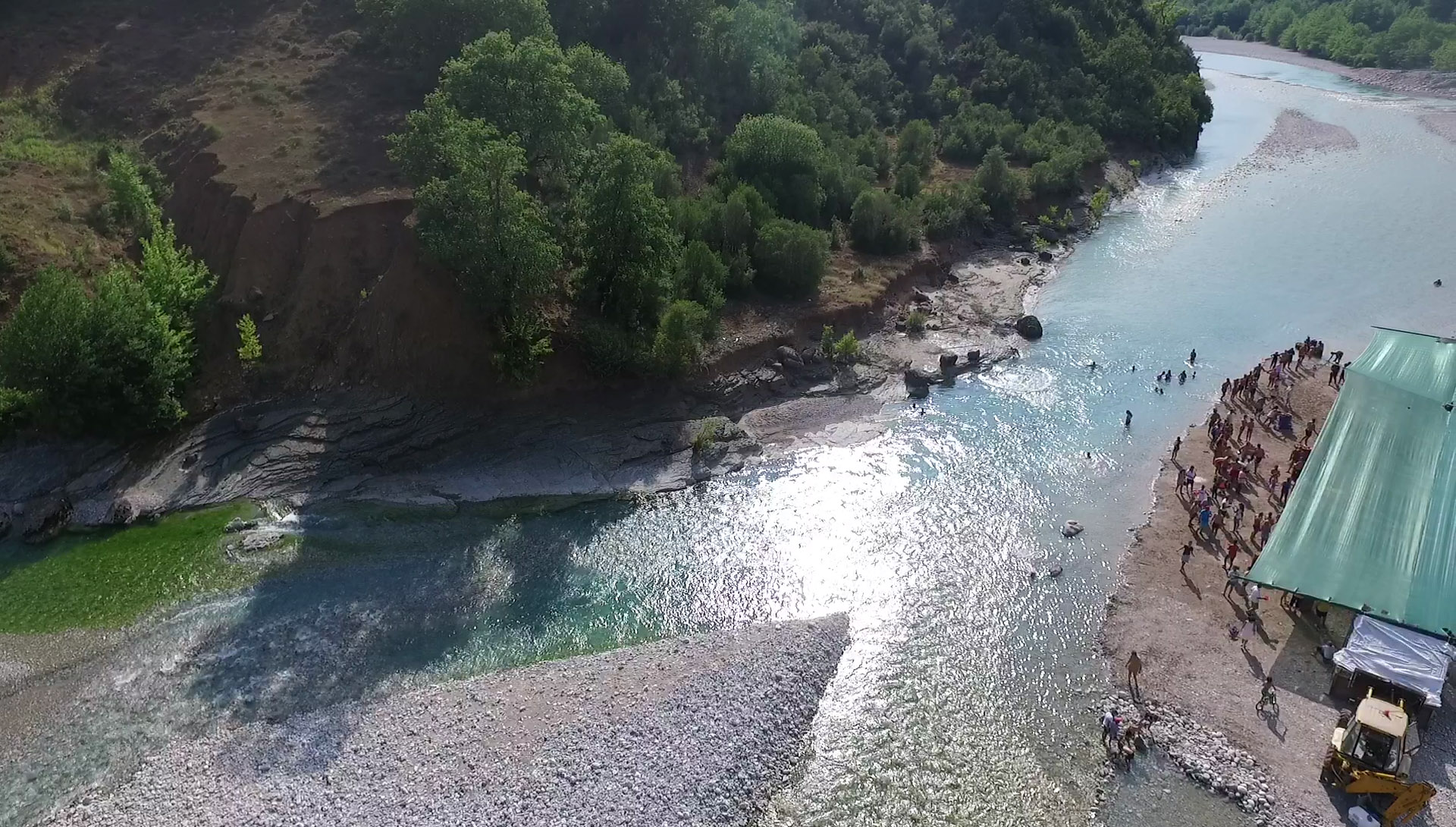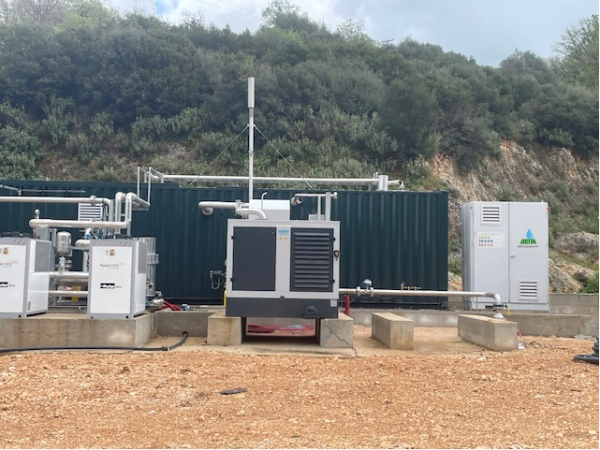
The concept of combating climate change, preserving our planet’s delicate ecosystems, and making money at the same time the development of something called the “Blue Carbon Economy” is gaining traction throughout the world and may be coming to Greece soon.
A key topic of conversation at the Our Ocean Conference, the innovative approach involves recognizing the carbon sequestration potential of coastal and marine habitats and monetizing it.
“Blue carbon” refers to the carbon captured and stored in coastal and marine ecosystems such as mangroves, salt marshes, and in the case of Greece, Posidonia seagrass beds.
Greece’s seagrass beds and salt marshes not only sequester carbon but also enhance water quality, stabilize coastlines, and provide habitats for numerous species.
Moreover, the ecosystems are remarkably efficient at trapping carbon dioxide and storing it naturally in their biomass and sediments, acting as what scientists call “carbon sinks”.
The natural carbon sinks capture carbon at a whopping four times more than land-based forests, which is leading to the development of new economic models.
As the blue carbon economy develops, systems are being created to estimate the capacity of coastal and sea environments to store carbon and provide ecosystem services. Then, the value is monetized, and the idea is that their value can be traded in carbon offset schemes.
The idea is aligned with the Paris Agreement, the Sustainable Development Goals, and goals connected to oceans and seas like the 30 by 30 initiative, yet the path to developing the blue carbon economy is full of obstacles including the already intensive use of coastal zones in Greece, Europe, and the world.
A representative of the Greek government at the Our Ocean Conference stated that the country is considering the opportunities presented by the blue carbon economy, but the government is still in the early phases and unfortunately the values presented by carbon trading schemes are very low.
Source: tovima.com
Latest News

Trump Tariffs Jeopardize Growth: Piraeus Chamber of Commerce
The tariffs, aimed at reducing the U.S. trade deficit, are expected to have both direct and indirect effects on the European economy

EU Condemns Trump Tariffs, Prepares to Retaliate
As tensions escalate, the EU is expected to continue negotiations with Washington while preparing for potential economic retaliation.

The Likely Impact of Trump Tariffs on Europe and Greece
Trump tariffs are expected to negatively affect economic growth in the Eurozone while Greece's exports could take a hit.

Motor Oil Results for 2024: Adjusted EBITDA of 995 mln€; Proposed Dividend of 1.4€ Per Share
Adjusted EBITDA for 2024 was down 33% yoy. The adjusted profit after tax for 2024 stood at 504 million euros, a 43% decrease from the previous year

Cost of Living: Why Greece’s 3% Inflation Is Raising Alarm
Greece appears to be in a more difficult position when it comes to price hikes, just as we enter the era of Trump’s tariffs.

Fitch Ratings Upgrades the Four Greek Systemic Banks
NBG’s upgrade reflects the bank’s ongoing improvements in its credit profile, Fitch notes in its report, including strong profitability, a reduction in non-performing exposures (NPEs), and lower credit losses

Trump to Announce Sweeping New Tariffs Wednesday, Global Retaliation Expected
With Trump's announcement just hours away, markets, businesses, and foreign governments are bracing for the fallout of one of the most aggressive shifts in U.S. trade policy in decades.

Inflation in Greece at 3.1% in March, Eurostat Reports
Average inflation in the eurozone settled at 2.2%, compared to 2.3% in February

Greece’s Unemployment Rate Drops to 8.6% in February
Despite the overall decline, unemployment remains higher among women and young people.

Jerry Kalogiratos Highlights Key Role of Energy Transition and Data Demand in LNG Outlook
Energy transition and the prospects of LNG were discussed at Capital Link’s 19th Annual International Maritime Forum, during a panel discussion with Jerry Kalogiratos (Capital Clean Energy Carriers Corp.)
























![ΕΛΣΤΑΤ: Αυξήθηκε η οικοδομική δραστηριότητα κατά 15,6% το Δεκέμβριο [πίνακες]](https://www.ot.gr/wp-content/uploads/2025/03/DSC9655-2-1024x569-1-90x90.jpg)




![Τραμπ: ΕΚΤ και FED αναζητούν Πυθία για τα επιτόκια μετά τους δασμούς [γράφημα]](https://www.ot.gr/wp-content/uploads/2025/04/ot_trump_tariffs225-600x352.png)











 Αριθμός Πιστοποίησης
Αριθμός Πιστοποίησης